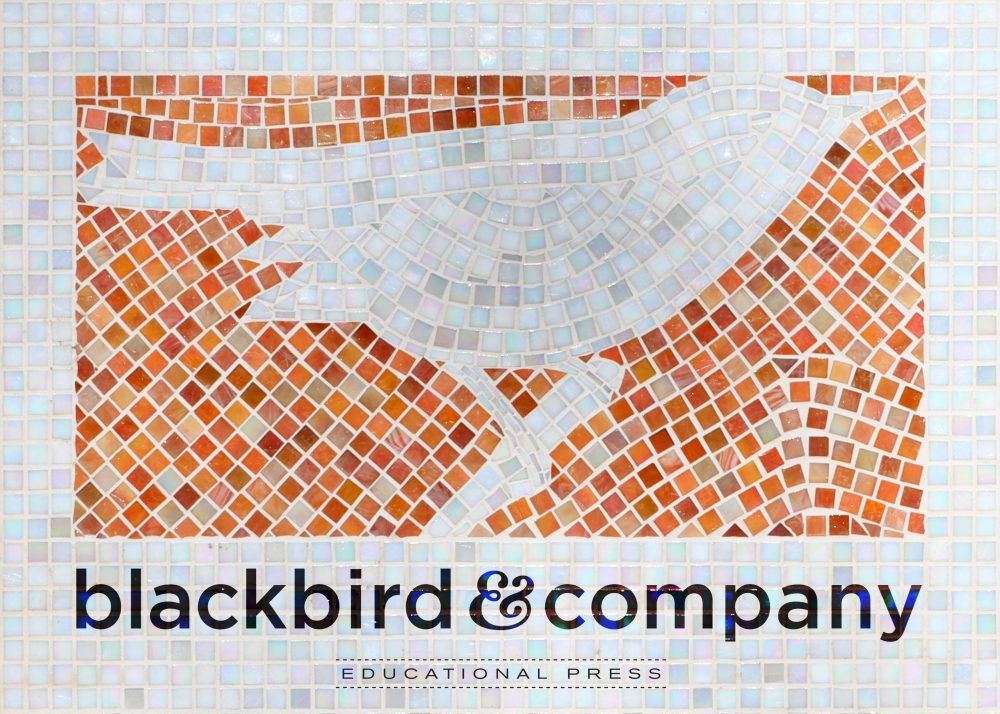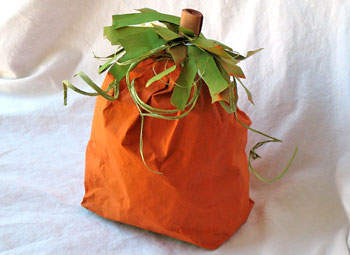Welcome to Blackbird & Company! If you’re looking for a fun and inspirational language arts program, we have everything you need. Whether you are in a classroom, a homeschool, or an independent study program, we want to empower you, encourage you, and give you confidence to Take Flight and begin the adventurous journey of literacy with one of our Grade Level Collections.
Mosaic Musings…

Many thanks to our resident artist, Sara!
Who is Blackbird & Company?
Inspire Presentation
Worth Reading: Harper Lee
"Until I feared I would lose it, I never loved to read. One does not love breathing."
Louisiana, 1995. Texas, 1996. Ontario, 2009. Mississippi, 2017. These are a few of the times and places Harper Lee's To Kill a Mockingbird has been banned. The novel, published in 1960, has met widespread disrepute since the 1970's. It has been taken off of bookshelves, removed from reading lists and syllabi, kept away from students' impressionable minds.
Scout spends a good two-thirds of the novel listening. And so, over the course of the story she observes, offering her own opinions and views about matters but nonetheless clearly still a child learning to find and stand by her own beliefs. It seems like Scout’s transformation should be obvious and central to the plot of the story. But for me, her metamorphosis is subtle, as perhaps a person’s change of heart would be. Shifting and changing in slow movements like the hands of a clock, seemingly imperceptible but moving just the same.
Truth is rarely easy to swallow, rarely comfortable. And that is where many have issue with Lee’s novel. She did not shy away from truth. She could not, she lived it. But I would hope that many skeptics would change their tune if they took into consideration when To Kill a Mockingbird was written. Lee penned a present truth, calling into question the very framework of the society she grew up in. By doing this she challenges the reader to bring about a world that acknowledges those who are shoved into the shadows, speaks for those who are made silent, one that battles stagnate indifference.
Does Lee make the reader uncomfortable? Yes. But the reader should be uncomfortable. The reader should re-evaluate, doubt, wonder, squirm, reread. Without these discomforts, we will more readily repeat the atrocities we try so hard to forget.
-Sharayah
Joy!
I bought these cookies at an after-Christmas-sale for $1 nearly 7 years ago. They have a shelf life in common with Peeps!
I keep them tucked in a drawer with my poetry trinkets. I take a peek every now and then when I need a reminder.
Much more than stale crumbs,
this is the wonder of chemistry
chuckling,
“Joy is intrepid!”
-Kim
Fox, Crow, and Mistletoe
Inspired by this Native Vermont image discovered while poking about on Pinterest, take inspiration from a food chain. Take inspiration from the “>”mathematical sign, from the chain of dominance in games such as rock-paper-scissors. Now, write a poem!
Example:
Rock Paper Scissors
Rock is greater than scissors,
Crushing is greater than slicing,
Stoic stone crumbles the sharp
Metal beaks of plastic cranes
Scissors are greater than paper,
Slicing is greater than folding,
Sharp metal beaks chew through
The crumpled skin of a dry lotus
Paper is greater than rock,
Folding is greater than crushing,
Long petals stretch their crumpled
Flesh over the face of stoic stone
-Constance
A Glorious Mess Revisited
This after Thanksgiving craft bears repeating! Thanks Tracey…
I am the Martha Stewart generation—a young mom before the days of DIY, blogs, Handmade Nation, and Etsy (and email and cell phones for that matter). Crafting in those days was mostly the realm of groovy-hippie-types or country-calico-quilters. And although I had a certain appreciation for both asthetics, I didn't quite fit in anywhere on the maker's spectrum. All that changed when I first laid eyes on the premier issue of Living magazine. Everything about it ignited my graphic-designer-modernist tendencies; the sophisticated color palettes, the charmingly smart photo styling, the graphic play of patterns and materials, everything seemed perfect. And I wanted to make stuff like that!
I credit Martha for inspiring me to make things that I liked and that felt like "me". She brought both class and wit into handmade objects and she creating things with one's hands. making things with my hands is both a soul-nourishing and using my hands for more than just clicking and typing makes me feel human, creative, like I'm both giving and receiving.
So let's get to making:
These popsicle stick stars are my favorite—well suited for mass production, quick to put together, and infinitely customizable.
All you need are:
– popsicle sticks
– glue gun
– paint
– GLITTER!!!!
The possibilities are limitless.
-Tracey
Haiku of Thanksgiving

These pumpkins don’t grow on vines but they have something in common with fortune cookies and piñatas.
The Recipe:
1. Take a lunch-sized paper bag and fill the bottom with torn paper.
2. Before twisting closed, insert a handcrafted thanksgiving haiku or two.
3. Twist the top of the bag tight.
4. Paint using pumpkin colors.
5. After the paint is dry, use ribbon and raffia to decoratively seal the stem.
Display during the Thanksgiving season and tear open when it’s time to celebrate gratitude.
-Kim
Stitching Leaves
Last fall, Sara collected leaves to trace for this stitchery project. You can too.
She found some beautiful hand-dyed felt on Etsy. You can too.
She traced her leaf shapes onto the felt and cut out the shapes. You can too.
Then she sent the felt leaves to me and I had my students stitch the veins. And look what our little ones made!
Your little ones can too!
Here are some tips for stitching with little ones:
1. Demonstrate – Make one yourself! Children learn so much more this way. Think SHOW vs. tell!
2. Thread needles in advance. Always have an extra ready.
3. Have each student work on two at once so that when knots happen (and they will), they can keep busy on the second leaf.
4. Go slow! Teach stitchers to “go down through the top” s l o w l y, then “up through the bottom” s l o w l y.
5. Use the internet if you need help with stitching.
-Kim
